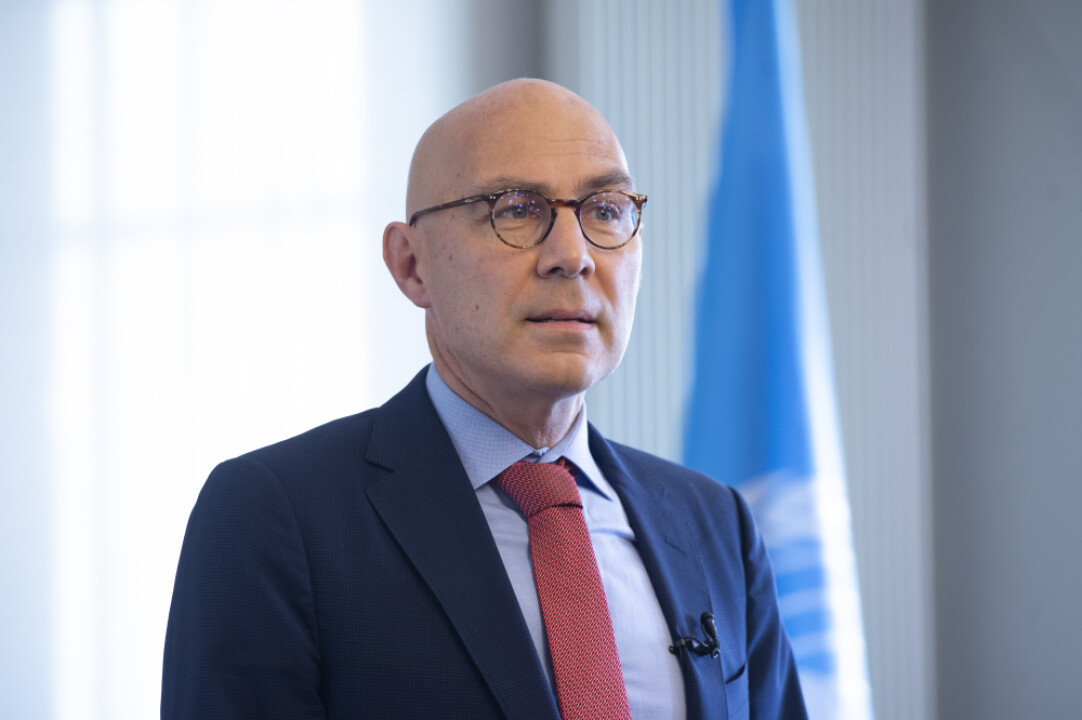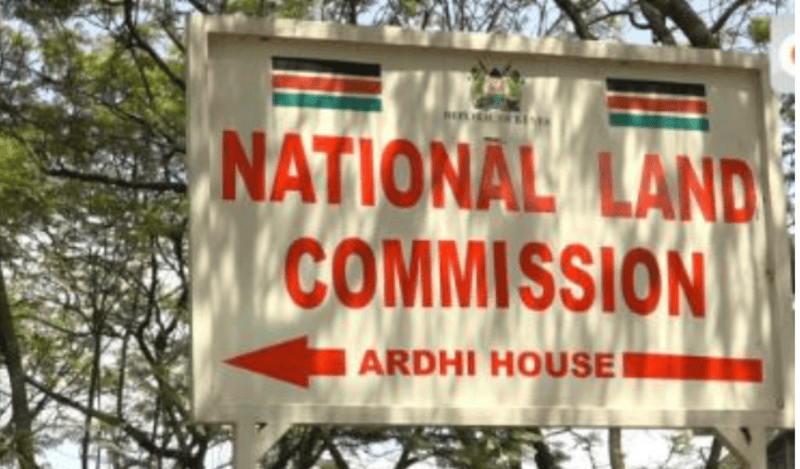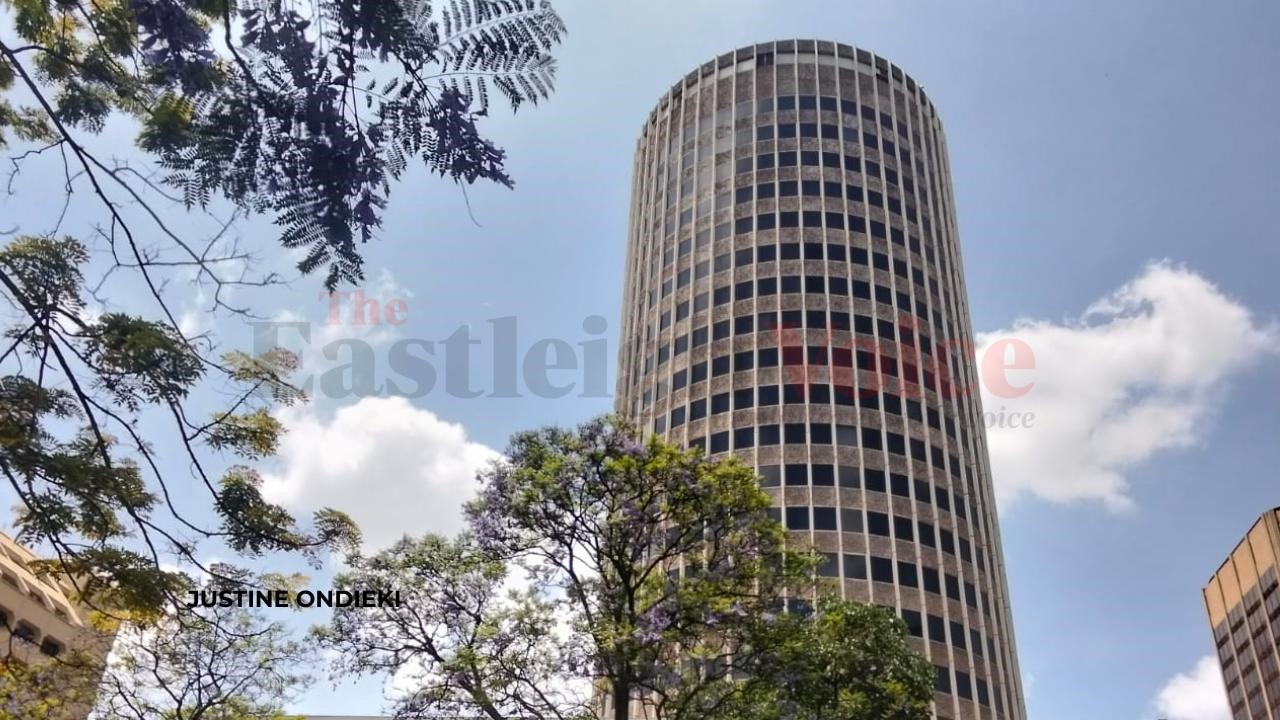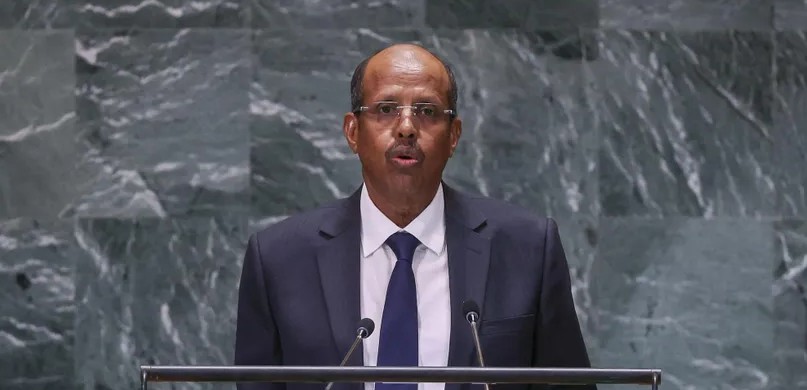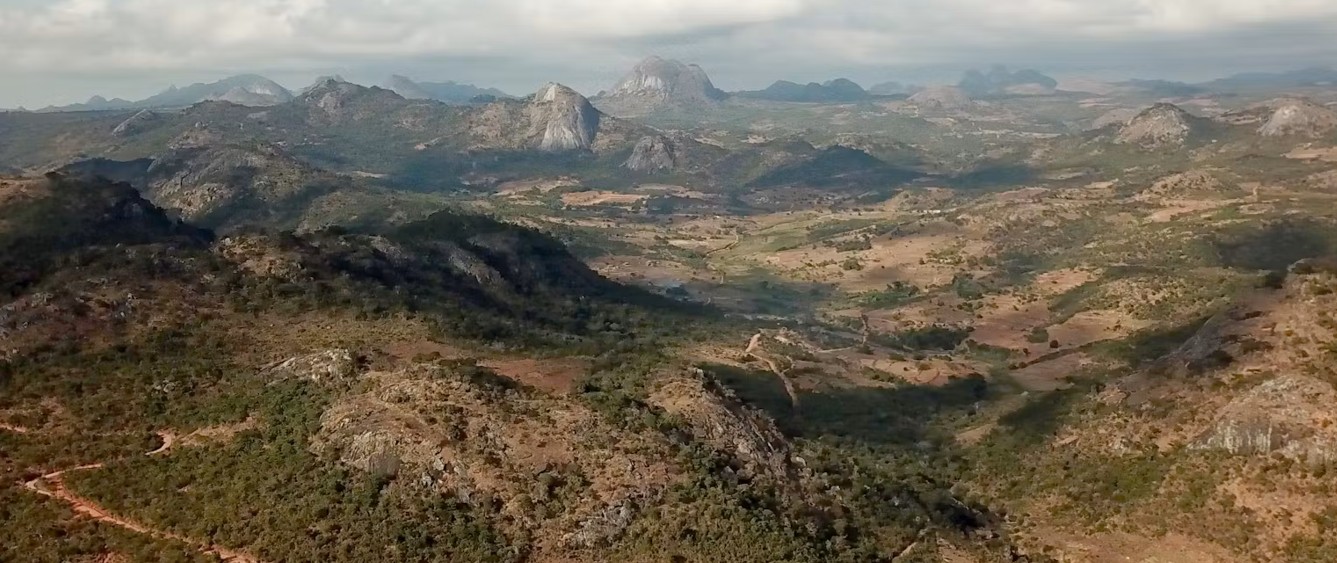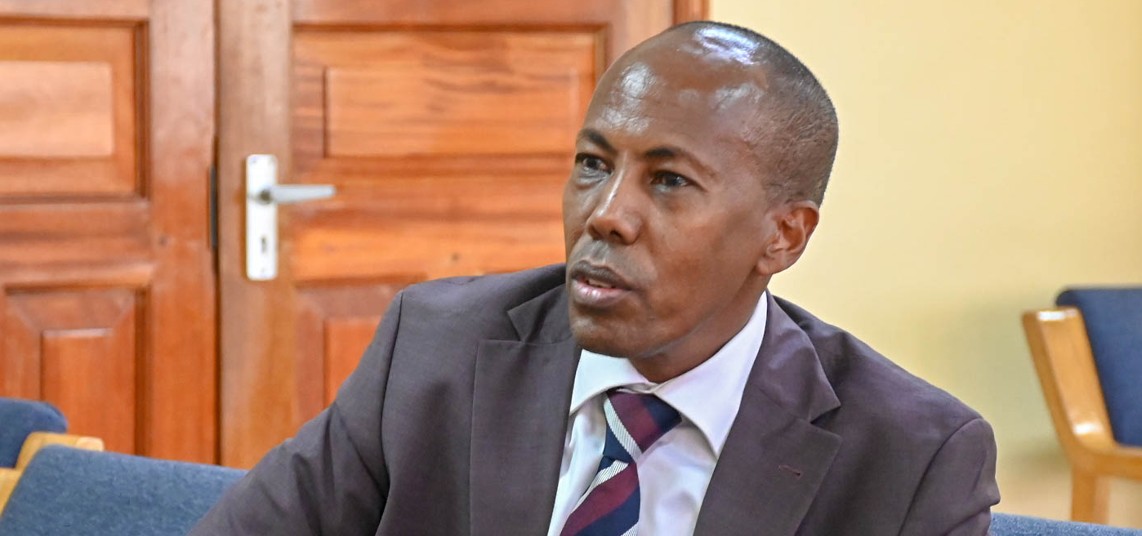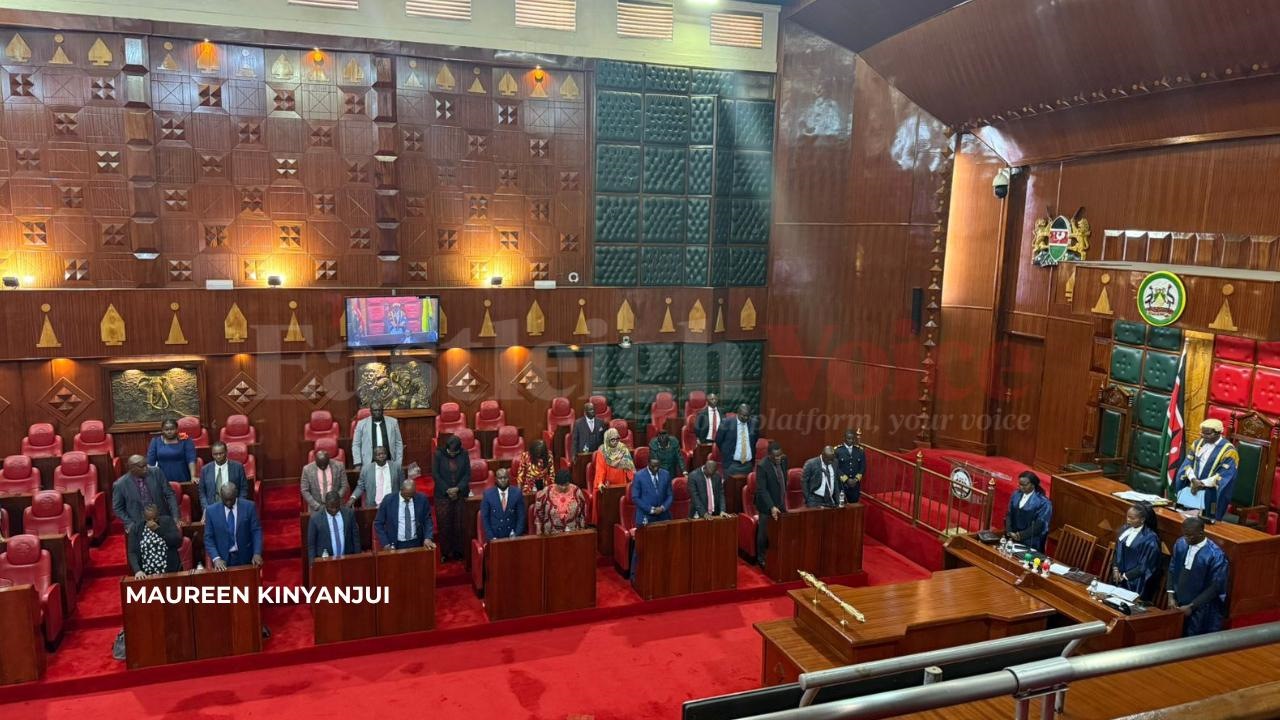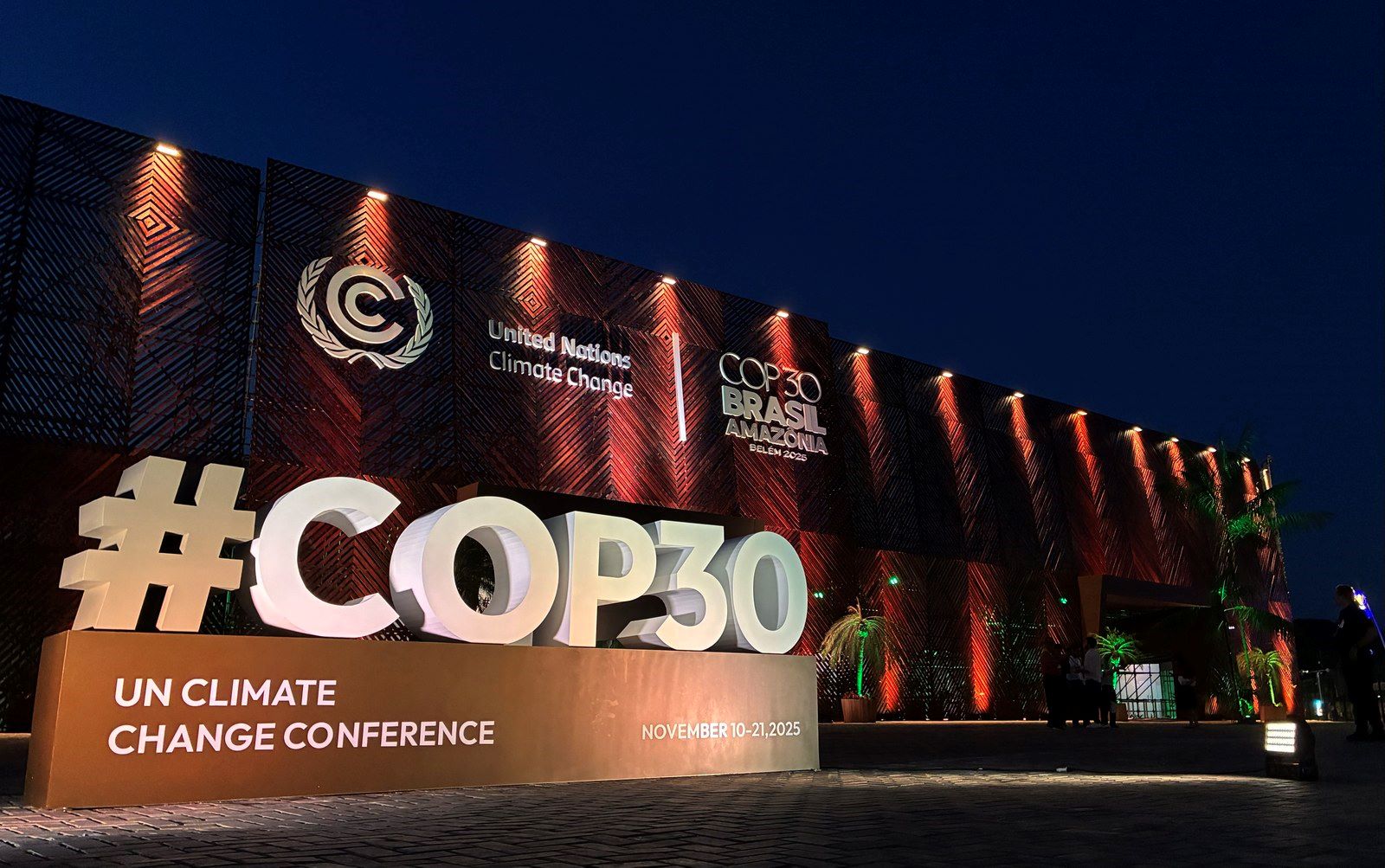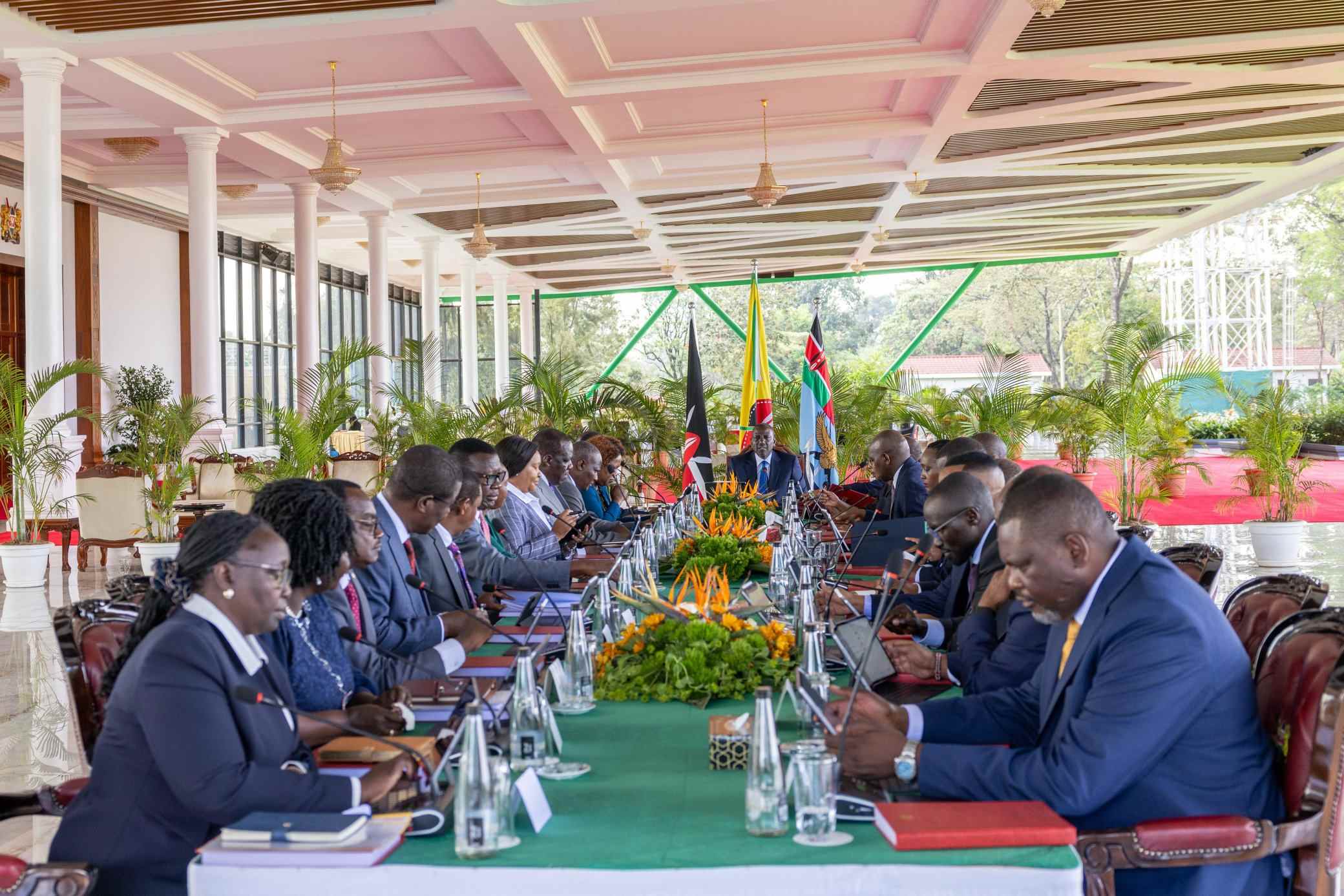COP29 ends with $300bn annual pledge, but developing nations call deal ‘an insult’

The target, or new collective quantified goal (NCQG), will replace the existing $100 billion goal that is due to expire in 2025.
Rich nations pledged to contribute at least $300 billion annually to the global fight against climate change as UN climate talks came to a contentious end early Sunday morning in Baku.
Developing nations who had sought over $1 trillion in assistance called the agreement an “insult” and argued it did not give them the vital resources they required to truly address the complexities of the climate crisis.
More To Read
- COP29 aftermath: Youth call for manageable goals to meet Africa's climate needs
- International court to begin hearings that may shape climate change litigation
- UN talks on plastics pollution treaty push for breakthrough as deadline looms
- Fire-related air pollution claims over 1.5 million lives annually - study
- Contentious COP29 deal shows climate cooperation fraying at edges
- COP29 agrees deal to kick-start global carbon credit trading
After two weeks of intense negotiations, delegates at COP29, formally the 29th Conference of Parties to the UN Framework Convention on Climate Change (UNFCCC), agreed to provide this funding annually, with an overall climate financing target to reach “at least $1.3 trillion by 2035”.
Countries also agreed on the rules for a UN-backed global carbon market. This market will facilitate the trading of carbon credits, incentivizing countries to reduce emissions and invest in climate-friendly projects.
These were among the big-ticket issues decided upon as the summit, which has been going on since November 12 at the enormous Baku Stadium in the Azerbaijan capital, went into double overtime. Another was the extension of a programme centred on gender and climate change.
This summit had been dubbed the ‘climate finance COP’, and representatives from all countries were seeking to establish a new, higher climate finance goal.
The target, or new collective quantified goal (NCQG), will replace the existing $100 billion goal that is due to expire in 2025.
In the closing days at COP29, negotiating teams from the developed and developing worlds were deadlocked over a final deal, with reports that representatives for least developed countries and the Alliance of Small Island States (AOIS) had walked out of the talks.
‘A more ambitious outcome’
Reacting to the outcome, UN Secretary-General António Guterres said that while an agreement at COP29 was absolutely essential to keep the 1.5-degree limit alive, “I had hoped for a more ambitious outcome – on both finance and mitigation – to meet the great challenge we face.”
But he continued, that this agreement provides a base on which to build and added, "It must be honoured in full and on time. Commitments must quickly become cash. All countries must come together to ensure the top-end of this new goal is met."
For many vulnerable nations, it represents a glimmer of hope—but only if commitments translate into swift action. “Commitments must quickly become cash,” the Secretary-General stressed, urging all countries to work together to meet the upper end of the new financial goal.
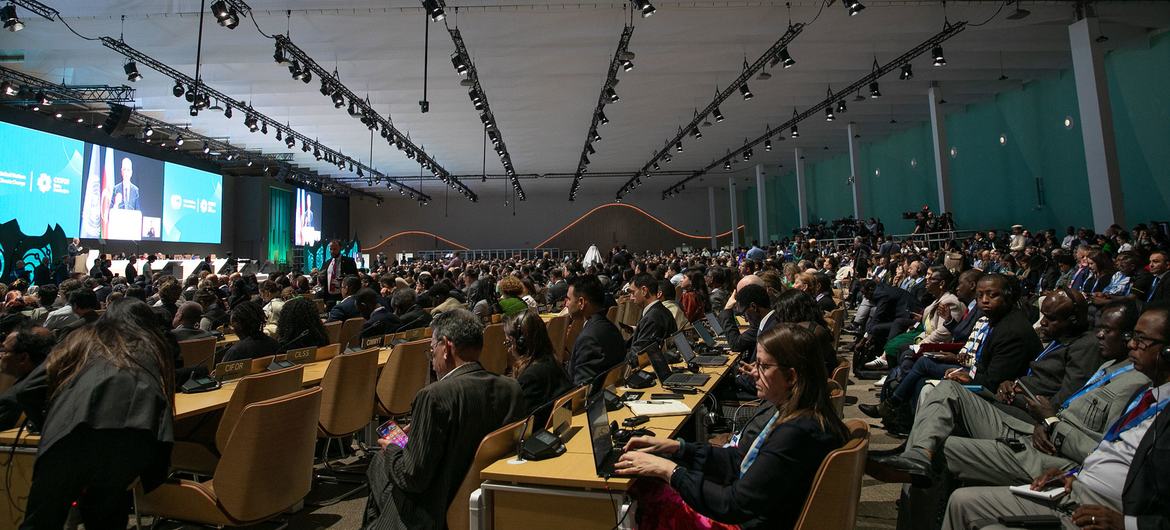 A view of the plenary hall at the UN climate conference, COP29, in Baku, Azerbaijan. (Photo: UNFCCC/Kiara Worth)
A view of the plenary hall at the UN climate conference, COP29, in Baku, Azerbaijan. (Photo: UNFCCC/Kiara Worth)
Beyond finance, COP29 built on previous gains in emissions reduction targets, the acceleration of the energy transition, and a long-sought agreement on carbon markets. These achievements come despite an “uncertain and divided geopolitical landscape,” which threatened to derail negotiations.
The UN chief commended negotiators for finding common ground, noting, “You have shown that multilateralism – centred on the Paris Agreement – can find a path through the most difficult issues.”
‘An insurance policy for humanity’
UN Climate Change Executive Secretary Simon Stiell described the new finance goal agreed at COP29 as “an insurance policy for humanity.”
“This deal will keep the clean energy boom growing and protect billions of lives. It will help all countries to share in the huge benefits of bold climate action: more jobs, stronger growth, cheaper and cleaner energy for all. But like any insurance policy – it only works – if the premiums are paid in full, and on time.”
He acknowledged that no country got everything it wanted and that the world left Baku with a mountain of work to do. “So, this is no time for victory laps. We need to set our sights and redouble our efforts on the road to Belém,” in the eastern Amazonian region of Brazil, which is set to host COP30 next year.
‘Weak, insulting deal’
While some delegations applauded the deal, others, especially from the developing world, expressed their deep disappointment at what they argued was an “insulting” financing target and the fact that the agreed text failed to build on an agreement passed last year calling for nations to “transition away from fossil fuels”.
India's representative strongly denounced the new goal, calling it a “paltry sum” and emphasizing, “We seek a much higher ambition from the developed countries [and the amount agreed] does not inspire trust that we will come out of this grave problem of climate change.”
A representative from a group of small island nations said: “After this COP29 ends, we cannot just sail off into the sunset. We are literally sinking,” and the conference outcome highlighted “what a very different boat our vulnerable countries are in, compared to the developed countries”.
Sierra Leone’s representative said African nations were disappointed in the outcome, which “signals a lack of goodwill by developed countries.” Indeed, the $300 billion deal was “less than a quarter of what science shows is needed and barely enough to forestall a climate catastrophe”.
Striking a different tone, a representative from the delegation of the European Union said the new climate finance goal would “simply will bring much, much more private money on the table, and that is what we need. And with these funds, we are confident we will reach the 1.3 trillion objective.”
Top Stories Today


